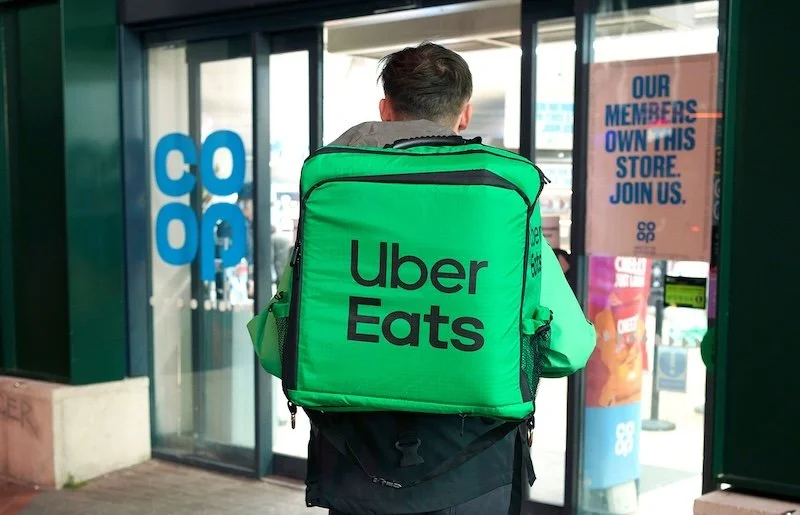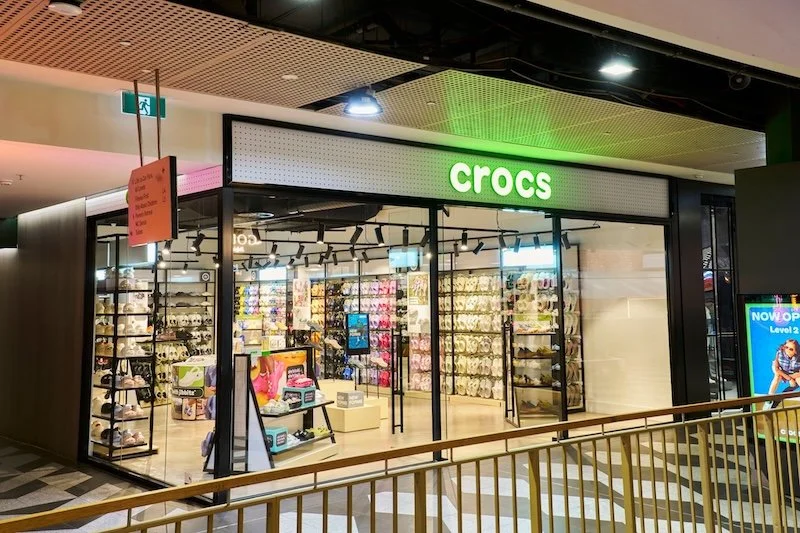Brexit set to shake retail industry
By Olivia Bridge, a specialist content writer and political correspondent for the Immigration Advice Service, a leading law firm for UK Immigration Lawyers
The drawbacks of Brexit are slowly dawning on the British public as free movement is scheduled to face its bitter end by March 2019. The UK government’s whitepaper was compiled last month to put anxieties at ease, however, its release opened up more questions for retailers who are at the mercy of trading and transporting stock across the Channel.
While the UK prepares to depart from the Single Market and Customs Union, the paper promises to maintain frictionless trade through a new UK-EU free trade area, just for goods.
The whitepaper sought to reassure large organisations that regularly ship goods in container loads, most likely due to the outcry from the likes of Airbus and John Lewis who feared a problematic Brexit deal would impact custom checks, cause a backlog of freight vehicles at the border and ultimately see their profits obliterated into administration.
The UK government have certainly expressed their desire to appease large retail chains, recognising the great economic benefit the industry has in the UK’s trading market. However, the paper failed to reassure small businesses that equally rely on European trading.
The fallen pound has only served to exacerbate their worries as costs rise through the supply chain and domino effect onto their profit and workforce. Turning to British suppliers is hardly the answer either as most textile industries source their fabrics and apparel from Europe or the far east.
Retail economics are concerned in the event of a no-deal Brexit since retail goods could see an additional £7.8 billion cost increase. Retailers would then have to adhere to customers’ demands in a competitive market while combating the mounting costs, most likely leading to a vastly reduced workforce or even closure as they struggle to stand commercially viable next to the larger chains.
The Confederation of British Industry (CBI) report calls on the UK government to provide answers in light of the vague whitepaper for the retailing industry. Specifically, the report assesses the problems Brexit will impose on the flow of transporting goods since EU citizens play a crucial role in logistics, haulage and warehousing across the UK.
The rise of online shopping has been responsible for a huge increase in Heavy Goods Vehicle (HGV) drivers. However, the haulage industry faces a shortage of 52,000 vacancies in the next couple of years since 63% of HGV drivers are age 45 or over and 14% of Large Goods Vehicle (LGV) drivers are due to retire in the next five years.
43,000 LGV drivers currently operating in the UK are EU nationals, yet at the rate Europeans are disbanding from the UK since the referendum result, transport recruiters are preparing for a staffing crisis.
Not fit for purpose
The current immigration visa system for non-EU applicants is unfit for Europeans: the salary threshold of the Tier 2 Work Visa would see many hard-working migrants rejected. The UK government desperately needs to map an immigration system that tailors to unique skill sets that the retail, logistics, haulage and warehousing industries require.
170,000 EU nationals currently work just in the retail sector alone. Although they have been promised security and ‘settled status’ to remain in the UK, recruiting staff past 2021 to a significantly diminished pool of workers would drive competition through the roof for small and independent retailers. To apply for a Sponsorship Licence for overseas workers isn’t cheap, either.
However, it’s not just permanent roles the retailing industry will require post-Brexit. Logistics and haulage rely on the flexible labour market to fill temporary vacancies during seasonal peaks such as Christmas. According to the CBI, large supermarkets require an additional 1,000 workers to produce flower bouquets for Valentine’s Day and Mother’s Day.
The industry also requires a huge uplift in personnel in warehouse roles for January sales and Black Friday as six in ten recruiters claim over 50% of temporary roles are filled by EU workers. Yet retailers and employers need to prepare for the unexpected: the CBI found EU workers are critical all year round as a rainy Easter weekend, for example, could see a sudden surge in online shopping and a demand for workers at short notice.
Ultimately, retailers might have to make some tough decisions: whether to slash their profit margins or raise their prices and drive their customers away. To eliminate the stress of both possibilities, the UK government needs to revise an immigration system that favours EU citizens. Europeans need to be encouraged to continue working and living in the UK as without them, retailers will struggle to fill staff on the floors, replenish their stock on time and compete within the market.










Continue reading…